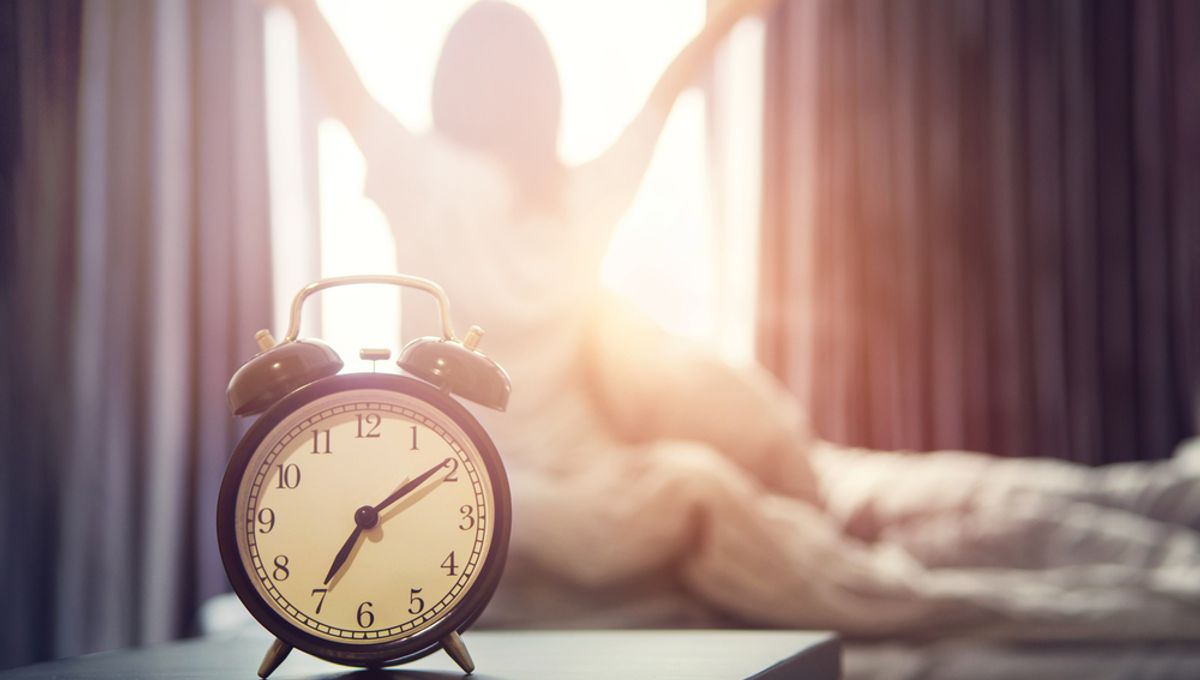
You can thank your Neanderthal ancestors each time you make it to school or work on time, as new research suggests that genes inherited from our extinct cousins may have endowed us with the ability to wake up bright and early. More specifically, you can thank your lazy lay-about Homo sapiens ancestors who mated with Neanderthals, bringing their bright-eyed DNA into our genome.
The first modern humans to arrive in Eurasia had to adapt to a number of environmental challenges, including a greater seasonal variation in daylight hours than they were used to in their African homeland. Fortunately for them, their new home was already populated by other human groups who were well-adapted to life at higher latitudes.
By breeding with Eurasian Neanderthals, ancient Homo sapiens picked up a lot of deleterious genes in addition to a few positive genetic traits that may have helped them thrive in their unfamiliar northerly habitat. To investigate whether this genetic crossover altered our sleep patterns, the authors of an as-yet non-peer reviewed study used sequence-based machine learning methods to identify archaic variants within the human genome that influence circadian rhythms.
Also known as the ‘body clock’, the circadian rhythm acts as an in-built regulator of sleep-wake cycles. Though this internal timekeeping system is influenced by a wide range of environmental factors, circadian genes also play a massive role in determining whether a person has an early-bird or night-owl chronotype.
“Interbreeding between modern humans and Neanderthals created the potential for adaptive introgression as humans moved into new environments that had been populated by Neanderthals for hundreds of thousands of years,” write the authors of the preprint paper. “We identified many archaic-specific variants likely to influence circadian gene splicing and regulation,” they continue.
When analyzing the nature of these variants, the researchers noticed that they all seemed to shift the circadian rhythm in the same direction. “The strongest associated variants increase the probability of being a morning person in Eurasians,” they say.
Though it’s unclear exactly why an early chronotype would be advantageous at high latitudes, the study authors point out that similar circadian adaptations are seen in other species occupying northern territories. In fruit flies, for instance, these early-bird genes help the body clock become synchronized with the summer season, when days are long and the sun rises early.
While this research is not yet ready to be published, the indication is that modern humans may have struggled to get out of bed in the mornings until they mingled with those chirpy Neanderthals. Accordingly, the researchers conclude that “the directional effects of introgressed circadian gene variants toward early chronotype […] can be viewed as potentially adaptive.”
The study is currently available as a preprint on bioRxiv.
Source Link: Our Neanderthal Genes Helped Us Become Morning People